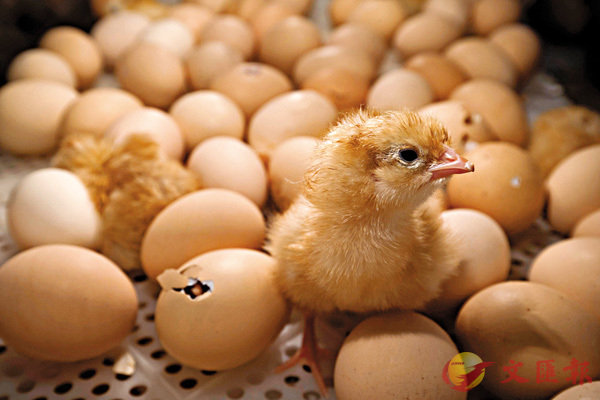 ■「小雞總會回到雞窩的」,上一句是「詛咒就像小雞」。 資料圖片
■「小雞總會回到雞窩的」,上一句是「詛咒就像小雞」。 資料圖片(續9月1日期)"These bad habits have been festering inside him for years. Recall his musings about the usefulness of embellishment in his 1987 book, The Art of the Deal."
這些壞習慣是在他體內已經滋生了多年的膿。說回他在1987年的《交易藝術》一書中,他對「點綴的可塑性」有一種看法 。
"People want to believe that something is the biggest and the greatest and the most spectacular," he wrote. "I call it truthful hyperbole. It's an innocent form of exaggeration - and a very effective form of promotion."
他寫道:「人們希望相信一些事情是最巨大的、最偉大的、及最壯觀的,我稱之為誠懇的誇張,這是一種純真的鋪張方法,亦是一個非常有效的宣傳手法。」
"But he should know a thing or two about that, which is why not very many of us will feel sorry for him even then. Chickens coming home to roost, and all that."
但是他(特朗普)應該知道多一點,那就是為何同情他的人並不多。(美國有一句成語)小雞總會回到雞窩的,這便說明一切。
「小雞」一句雋語是來自在1809年,Robert Southey(羅伯特.騷塞)的一首詩"The Curse of Kehama"(Kehama的詛咒):"Curses are like young chickens, they always come home to roost. "詛咒就像小雞,他們總會回到雞窩的。另外,英語也另有一句,"You reap what you."(果因皆早種),提醒我們,惡毒的人終必自作自受。■林健根 會計師
星期五見報

